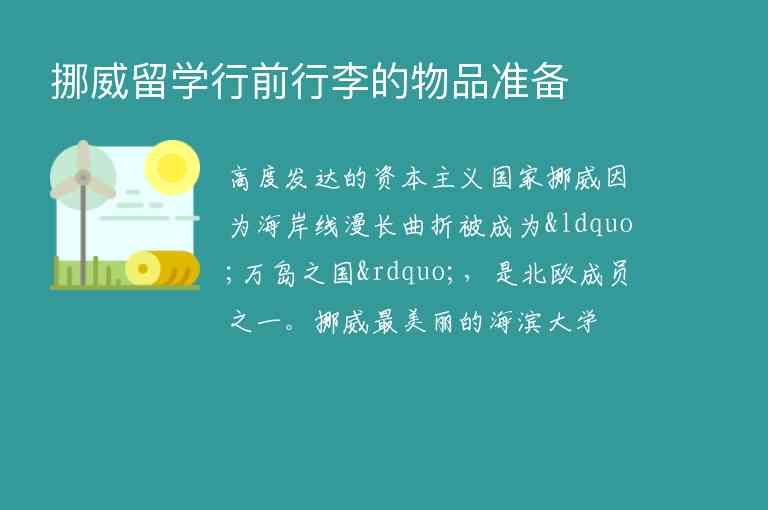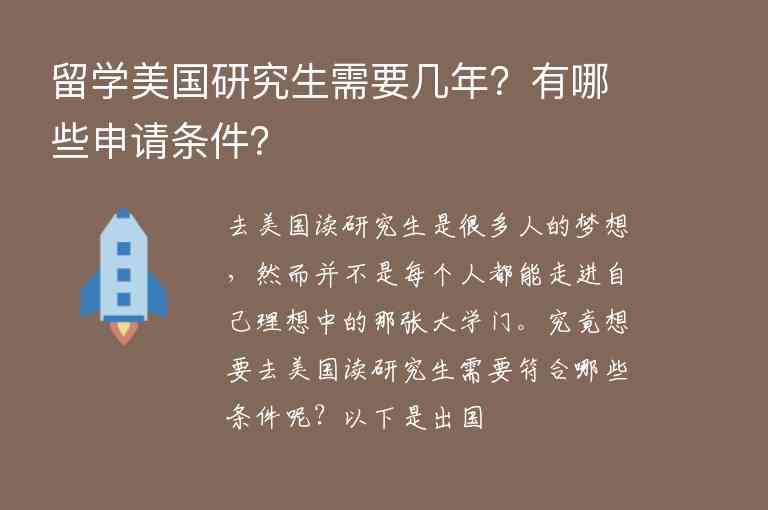bony是一个形容词,表示“骨瘦如柴的”或“骨头突出的”。它可以用来形容人或动物的身体状况,也可以用来形容物体的外观。
中文:瘦骨嶙峋的,骨瘦如柴的
英文:bony
音标:[ˈboʊni]
用法:
1. 用来形容人或动物身体瘦弱、骨架明显的情况。
例句:
- She has a bony face and thin arms, making her look frail.(她脸上突出着骨头,手臂细长,看起来很虚弱。)
- The old horse was bony and tired, but it still had a strong spirit.(老马虽然又瘦又累,但仍然抖擞。)
2. 用来形容物体外观有突出的骨头或结构。
例句:
- The bony branches of the tree were swaying in the wind.(树枝上突出的骨头在风中摇曳。)
- The skull was small and bony, with sharp teeth and eye sockets.(那颗头骨小小的,充满了锋利的牙齿和眼眶。)
同义词及用法:
1. skeletal:表示“像骨骼一样的”,强调瘦弱和脆弱。
例句:
- The starving dog had a skeletal body, with its ribs and hip bones clearly visible.(那只挨饿的狗身上凸出着肋骨和髂骨,看起来像骨架一样。)
- She was so thin and skeletal that I could see her bones through her clothes.(她瘦得像个骷髅,我可以透过衣服看到她的骨头。)
2. gaunt:表示“消瘦的”、“憔悴的”,通常用来形容人。
例句:
- The gaunt man had been living on the streets for years.(那个消瘦的男人已经在街上生活了多年。)
- Her face was gaunt and pale, with dark circles under her eyes.(她脸上消瘦苍白,眼睛下面有黑眼圈。)
3. emaciated:表示“虚弱的”、“衰弱的”,通常用来形容人或动物。
例句:
- The emaciated cat was rescued from the streets and nursed back to health.(那只衰弱的猫被从街上救出来并得到治疗恢复健康。)
- The prisoners looked emaciated after months of starvation in the labor camp.(这些囚犯在劳改营里挨饿数月后看起来虚弱不堪。)
编辑总结:
bony是一个形容词,用来形容人、动物或物体的瘦弱和突出的骨头。它可以和其他形容词如skeletal、gaunt、emaciated一起使用,强调不同程度的瘦弱和衰弱。在写作中,我们可以根据具体情况选择合适的形容词来描述人或物体的外观。


